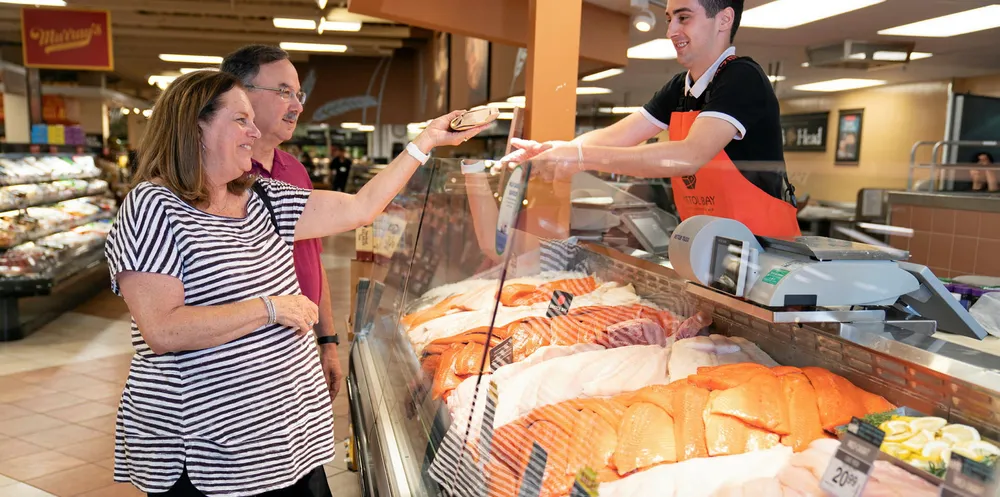Fresh Bristol Bay salmon has an eager market, but some buyers fear committing amid surge in coronavirus cases
Alaska's Bristol Bay salmon season has yet to ramp up as the US heads into the July 4 holiday.

Alaska's Bristol Bay salmon season has yet to ramp up as the US heads into the July 4 holiday.
